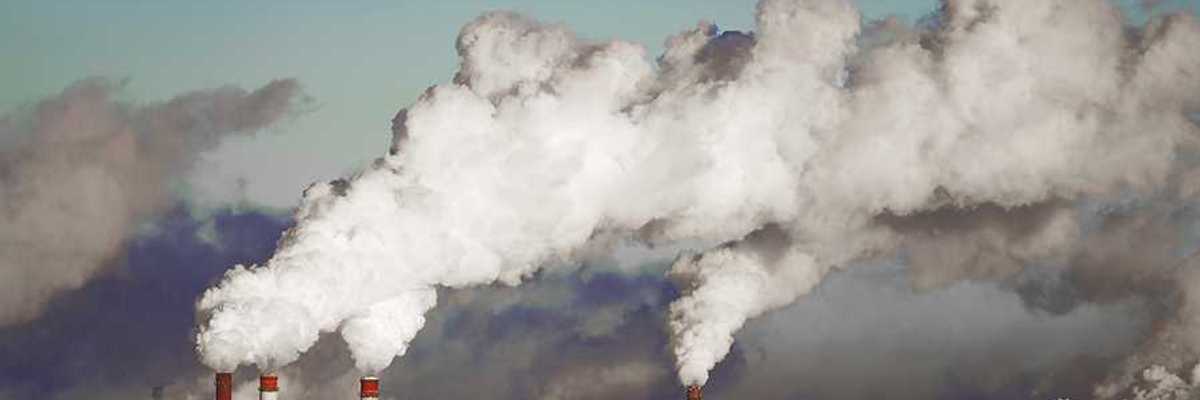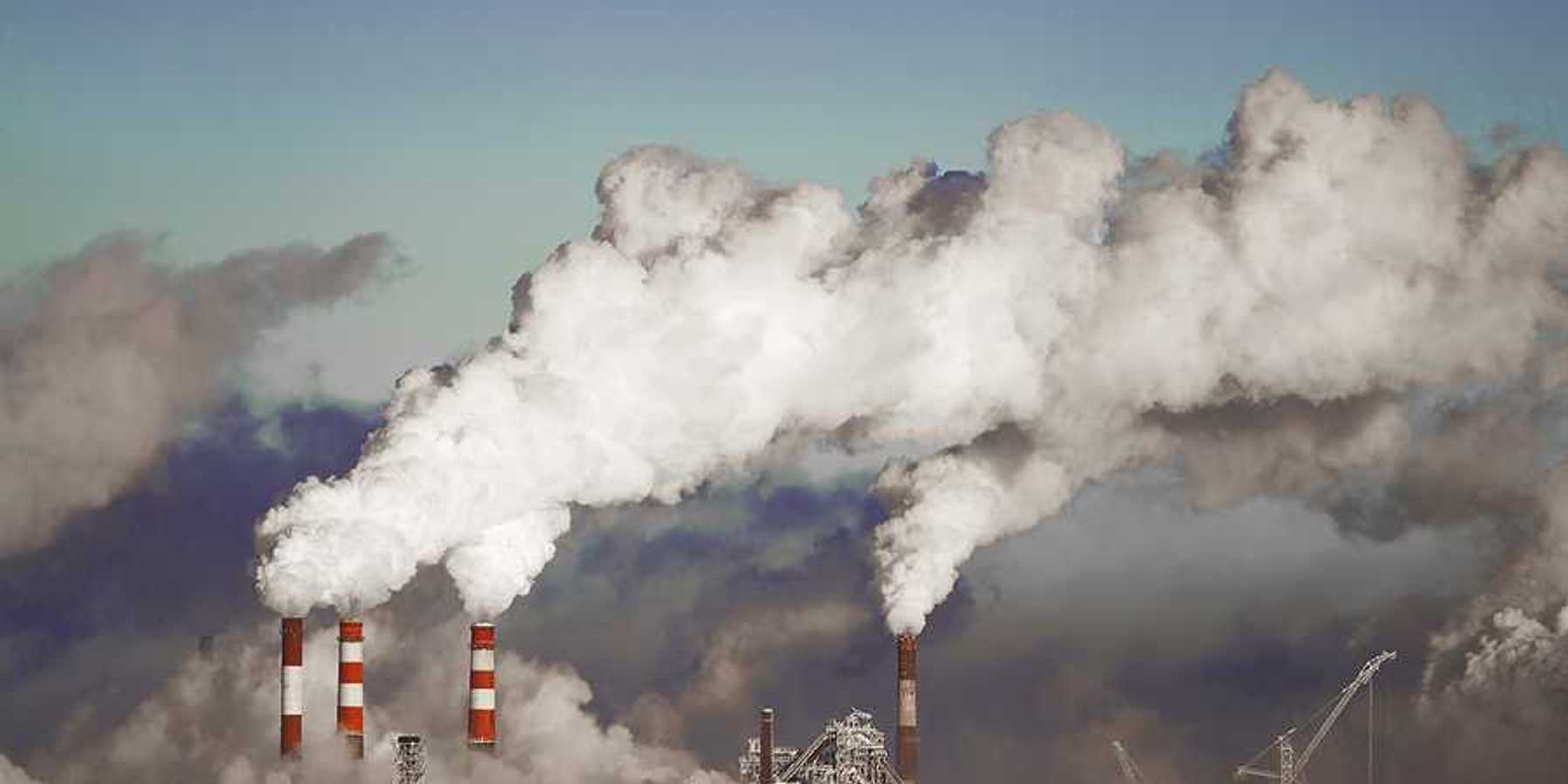alberta
Jasper school officials push for better climate emergency planning
As students in Jasper prepare to return after devastating wildfires, experts stress that schools nationwide need better climate crisis response plans.
In short:
- Jasper’s schools will reopen on Sept. 17, weeks later than scheduled, after extensive efforts to clean and restore facilities damaged by wildfires.
- Experts warn that with the growing frequency of extreme weather events, schools must implement long-term air quality monitoring and mental health support for students and staff.
- Calls are growing for provincial and federal funding to create standardized emergency plans for schools facing climate-related disasters.
Key quote:
"There's even more evidence implicating air quality in such things as cancer, and so it's really important that we recognize that — not just for the kids, but for the teachers that might be exposed to these conditions long term."
— Dr. Joe Vipond, past president of the Canadian Association of Physicians for the Environment
Why this matters:
As climate change drives more extreme weather, schools must prepare to protect students' physical and mental health during and after these events. Without proactive planning, the risks to children’s well-being will only increase.
Glacier melt accelerates as wildfires deposit soot and ash in Alberta
Wildfire soot and ash are accelerating the melting of Alberta's Athabasca Glacier by darkening its surface, leading it to absorb more heat, according to scientists.
In short:
- Wildfires near Jasper National Park have released soot and ash onto the Athabasca Glacier, darkening it and causing it to absorb more solar radiation, which speeds up its melting.
- The glacier, which lost a record nine meters last year, is melting faster than normal, threatening the water supply for the Athabasca River and impacting hydroelectric power generation.
- Research shows that soot, ash and algae blooms are major factors in glacier darkening, exacerbating the effects of climate change and increasing glacier melt rates.
Key quote:
"It puts these glaciers in a very perilous position yet again."
— John Pomeroy, hydrologist at the University of Saskatchewan
Why this matters:
The accelerated melting of glaciers not only threatens the regional water supply but also disrupts ecosystems and power generation dependent on glacier-fed rivers. As wildfires increase due to climate change, these issues are expected to worsen, highlighting the urgent need for climate action and adaptation strategies.
Wildfires in Canada bring health concerns with persistent smoke exposure
Increased frequency and intensity of wildfires in Canada pose significant long-term health risks due to persistent smoke exposure.
Stephanie Cleland and Ryan W. Allen write for The Conversation.
In short:
- Wildfires in Canada have increased by 220% over the last two decades, threatening air quality.
- Long-term exposure to wildfire smoke is linked to premature death, reduced lung function and increased cancer risks.
- Persistent smoke exposure also affects cognitive function and prenatal health.
Why this matters:
Chronic exposure to wildfire smoke can lead to a variety of long-term respiratory issues. Conditions such as asthma and chronic obstructive pulmonary disease can be exacerbated, leading to more frequent and severe attacks. Even those without pre-existing conditions can develop new respiratory problems after prolonged exposure to these harmful pollutants. For vulnerable populations like children, the elderly and individuals with pre-existing health conditions, the risks are even higher.
Wildfire devastation hits Jasper, Alberta
A raging wildfire forced firefighters to retreat, leaving Jasper residents uncertain about the fate of their homes.
In short:
- The wildfire moved five kilometers in under 30 minutes, with flames reaching 100 meters high.
- Jasper's mayor, evacuated with residents, described the overwhelming sense of helplessness as they awaited news from afar.
- Alberta's provincial response was hampered by jurisdictional issues with Parks Canada, delaying critical support measures.
Key quote:
"Like all residents, I feel essentially devastated, shattered and absolutely helpless in the face of nature, which is just so powerful."
— Richard Ireland, Mayor of Jasper
Why this matters:
As wildfires become more frequent due to climate change, communities face increasing threats and challenges. Improved wildfire management and climate action are crucial to mitigate future disasters.
Alberta's energy 'war room' collapses amid new federal ad rules
Alberta's Canadian Energy Centre, created to counter green energy narratives, has shut down due to impending federal regulations on oil industry advertising.
In short:
- The Canadian Energy Centre, launched in 2019, aimed to rebut criticisms of Alberta's oil industry but faced multiple public embarrassments and credibility issues.
- Funded by oil and gas companies through Alberta's carbon pricing program, the Centre was required to register as a foreign agent in the U.S.
- New federal requirements for accuracy in oil advertising led to the Centre's abrupt closure before the regulations took effect.
Key quote:
“You’d have been forgiven for wondering if the sole mission of the [the war room] was to make every other government expenditure seem like a bargain.”
— Andrew Leach, Alberta Energy economist
Why this matters:
The closure highlights the growing impact of regulatory measures on misleading advertising and underscores the challenges Alberta faces in transitioning from fossil fuels to cleaner energy sources.
Related EHN coverage:
Plans for hydrogen refueling stations in Alberta face low vehicle demand and unproven net-zero claims
Air Products aims to build a network of hydrogen refueling stations between Calgary and Edmonton, but interest in hydrogen-powered vehicles and net-zero technology remains low.
In short:
- Air Products plans a "hydrogen highway" with multiple refueling stations along Alberta's Queen Elizabeth II highway.
- The network could refuel up to 200 heavy trucks or 2,000 cars daily, though the exact number of stations and their costs are unspecified.
- Current hydrogen technology and demand for hydrogen vehicles are unproven and limited, with low sales in Canada and the U.S.
Key quote:
“Hydrogen must, and will, play a role in solving the climate crisis.”
— Eric Guter, vice president of hydrogen for mobility, Air Products
Why this matters:
Despite promises of hydrogen as a clean energy solution, the production process still emits significant greenhouse gases. In addition, hydrogen vehicles have yet to capture the imagination of the mainstream consumer. The reasons are manifold: high costs, limited availability of hydrogen cars, and a nascent refueling infrastructure that pales in comparison to the well-established network for electric vehicles.
Alberta confronts ongoing water crisis amid escalating drought conditions
A severe drought in southern Alberta is testing the limits of water sustainability as government and experts tackle the challenge.
In short:
- Southern Alberta's drought has intensified due to increased irrigation for agriculture, straining water supplies from the Rocky Mountains.
- Alberta's government plans to implement large water-sharing agreements, though they have been criticized as inadequate.
- Experts warn of long-term water shortages, stressing the need for systemic changes to manage water resources effectively.
Key quote:
“We actually have greater draws or need for the water than we do the amount of water that comes in naturally to these watersheds.”
— Tricia Stadnyk, professor of engineering and geography at the University of Calgary
Why this matters:
Agriculture is a significant economic driver in Southern Alberta, and it depends heavily on consistent water availability. Drought conditions can lead to crop failures, reduced yields and increased economic pressures on farmers and the communities that depend on them. The oil and gas industry is another big consumer of water in the province.
Extreme weather and temperature swings are estimated to cut major crop production by 23% over the next 30 years, scientists warn.









